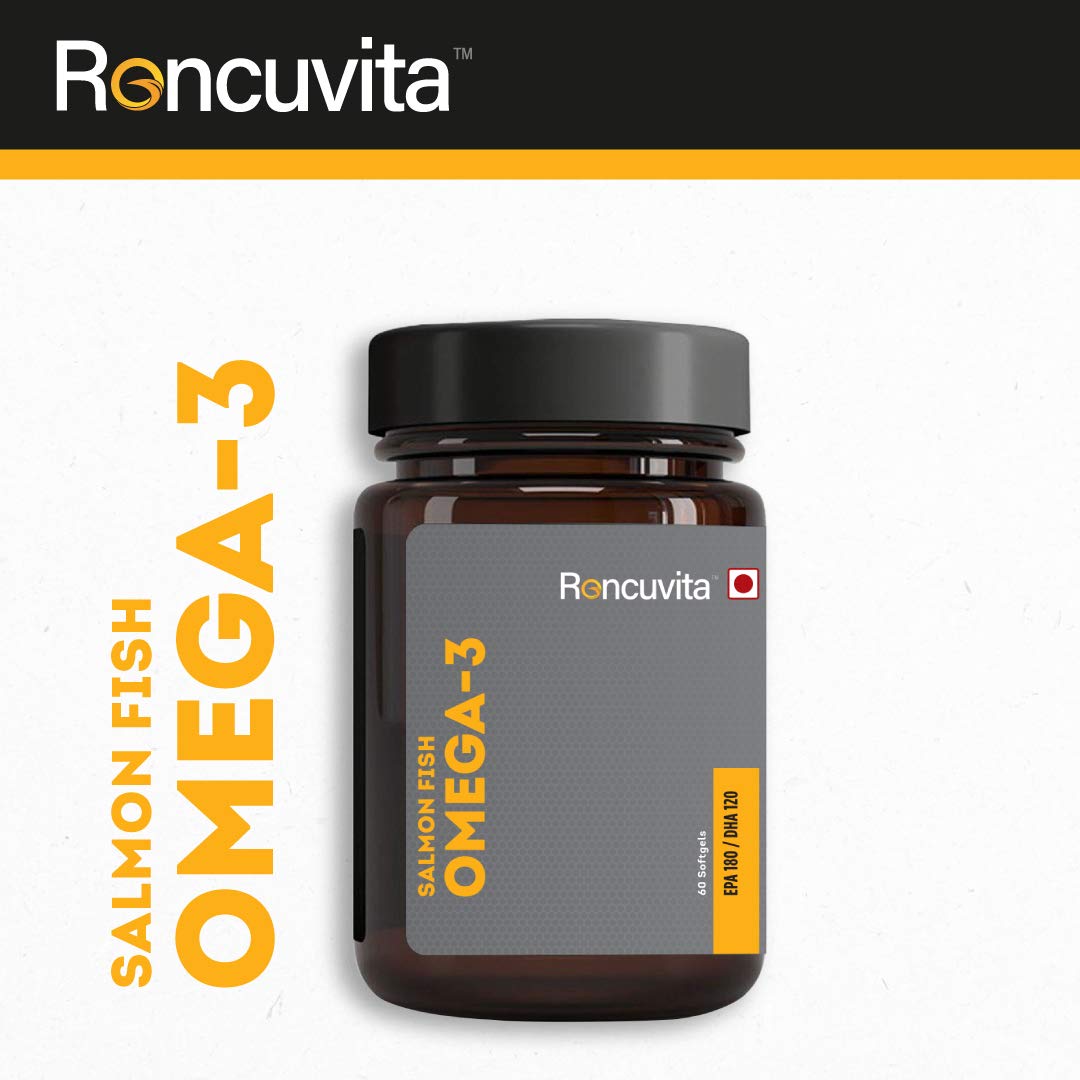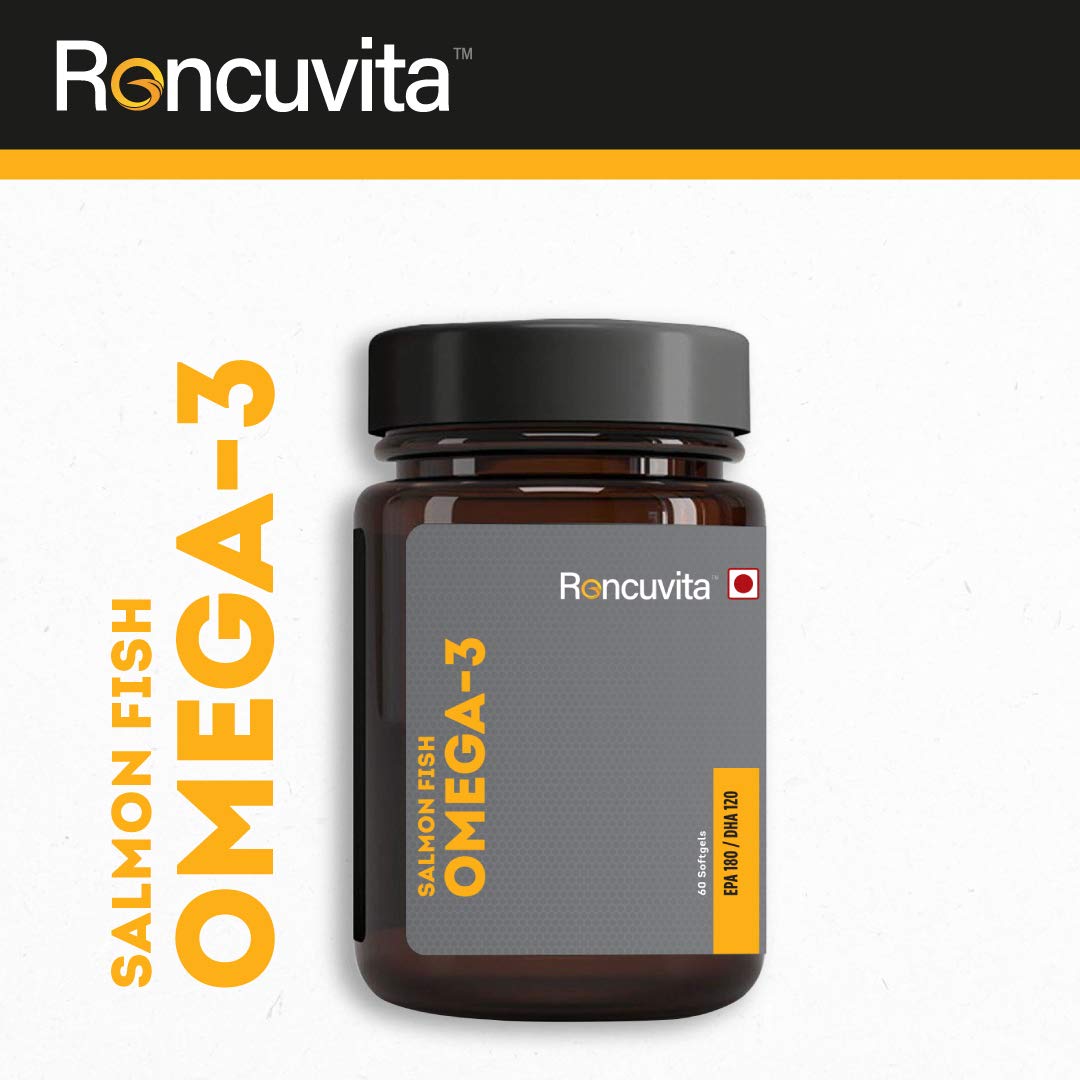Omega 3 fish Oil is the most popular dietary supplement in America, despite being one of the most expensive. Omega 3 oil can be found in salmon, but what are the benefits of consuming it? This article provides a breakdown of why salmon is so healthy for your body. It is a great source of omega-3 fatty acids, including DHA and EPA. It also provides a good amount of vitamin B12, vitamin D, and vitamin E. The best part about salmon is that it is relatively simple to prepare. It is important to note that the quality of your fish is important when it comes to purchasing fish oil. If you are looking for a high quality product, choose sustainable sources.
Benefits of Salmon Omega
Salmon is rich in omega-3 fatty acids, which are healthy for both your heart and brain. It’s also a good source of protein, iron, vitamin B12, selenium, and more. Salmon omega has amny benefits to your health that can’t be found in other types of seafood. If you’re looking to eat healthier while adding variety into your diet, salmon is a great option! Nutrition Facts Serving Size 1 oz. (28g) Servings Per Container about 15 Amount Per Serving Calories from Fat 90 Calories 90% Daily Value* Total Fat 10g 15% Saturated Fat 4.5g 23% Trans Fat 0g Cholesterol 28mg 9% Sodium 66 mg 3% Potassium 8mg 0% Total Carbohydrate 0g 0% Dietary Fiber
What is Salmon Omega 3 fish oil?
Omega 3 fish oil is a type of fatty acid that helps to lower cholesterol, prevent heart disease, and also lowers depression levels. The reason people should be consuming Omega 3 fish oil is because it has been shown to increase brain health, boost memory, slow the aging process, and help with other illnesses. Salmon contains high amounts of Omega 3 which makes it one of the healthiest types of fish. Check out this video by Dr. Oz to see why Salmon is a great source of Omega 3:
The most common types of omega-3 fatty acids are found in fatty fish, especially salmon, mackerel, sardines, herring and trout. The reason Omega 3 fish oil is so popular is because it’s excellent for heart health, brain health, and for lowering cholesterol. Many studies have shown that the omega 3 fish oil DHA is especially important for brain health. The DHA found in fish oil helps the brain perform better, and it’s also thought to boost memory . If you’re not able to get enough naturally through your diet, there are vegan sources of this fatty acid. Plants like flaxseeds, chia seeds, hemp seed, walnuts and pumpkin seed are all rich in DHA. If you can’t get enough of these sources, then a good vegan DHA supplement is a good choice.
How to use Fish Oil for your Health
Salmon is a super healthy source of salmon omega 3 fish oil and many other nutrients. Omega-3’s are important for the heart, brain, eyes, skin, and more. You can find salmon at any grocery store or food market. Salmon is easy to cook and takes just minutes to prepare. Salmon is an excellent source of protein and contains all 9 essential amino acids. It is a great food for vegetarians and vegans because it also provides plenty of healthy fats. It is a very versatile food and can be used in many different ways. I decided to make Salmon Salad with Almonds, Raisins, and Mixed Nuts. It is so easy to make this super healthy meal for lunch or dinner. Salmon Salad with Almonds, Raisins, and Mixed Nuts – Recipe More Recipes Like This… Lemon Pesto Salmon with Broccoli Salad – Try this recipe for a delicious, healthy vegetarian salmon dish. Meatless Goulash – A delicious recipe for a meatless dish that will make it taste like an old favorite ! Zucchini Noodle Pasta – A tasty meatless meal that is quick to prepare.
Conclusion
Many people have thought that salmon is healthy for a long time, but it’s only in the last few years that researchers have backed up this claim. Salmon has a high protein content, low calories, and rich supply of omega 3 fatty acids. Omega-3 fatty acids are an important part of our diet because they are good for our heart health.



